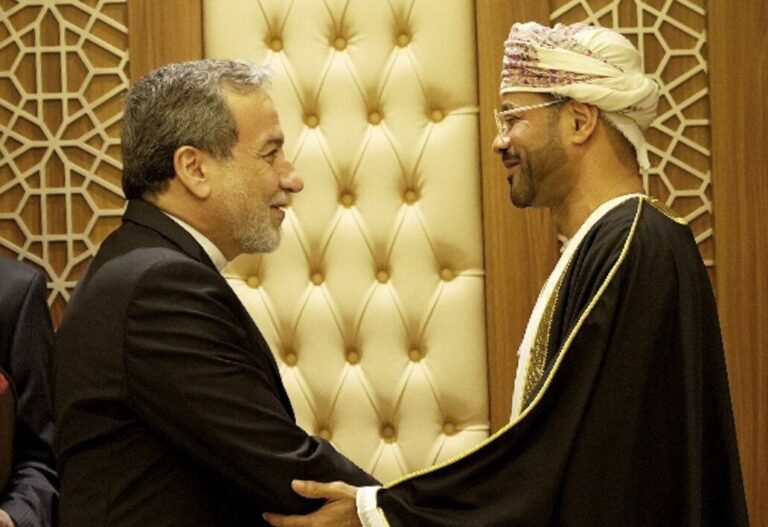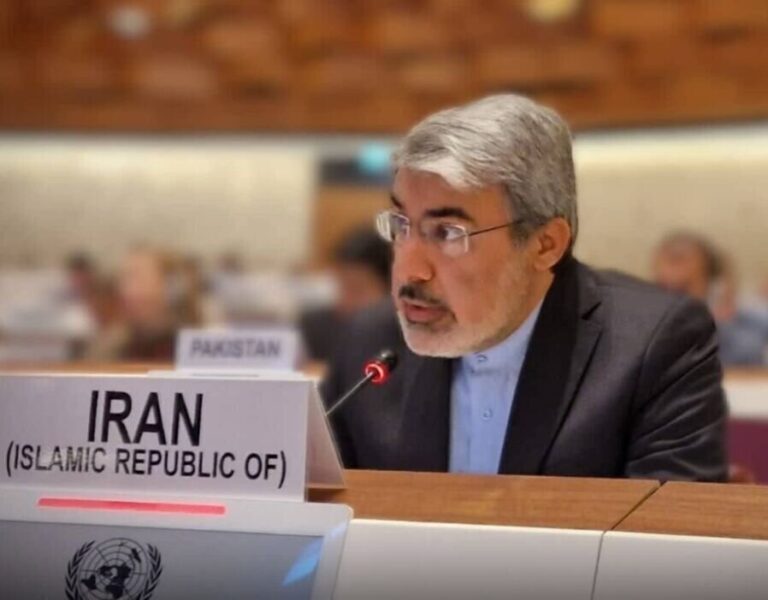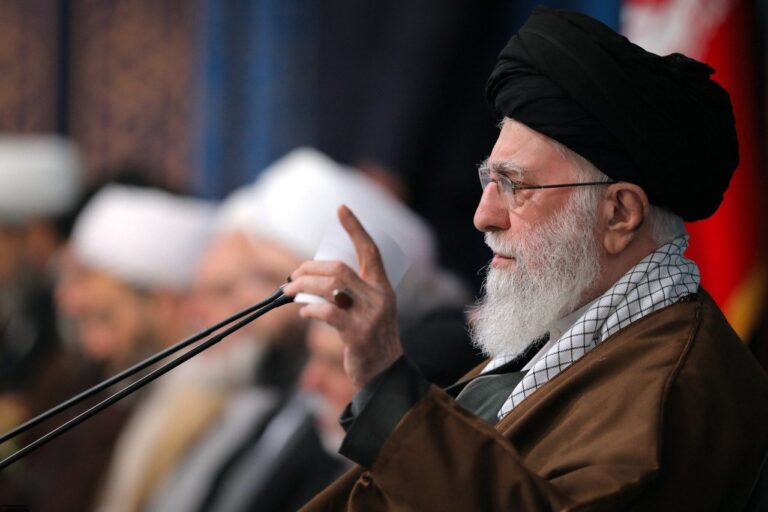Palestine: The Largest Casualty of U.S. Broken Promises
The United States has a long-standing history of breaching its commitments to Palestine, particularly through negotiations such as the Camp David Accords, the Oslo Accords, and the controversial “deal of the century.” This inconsistency in policy has rendered the U.S. a mere spectator in the ongoing conflict, exacerbated by the persistent occupation by the Israeli regime.
Since Donald Trump commenced his second term, speculation surrounding potential talks between Tehran and Washington has intensified. These discussions previously took place indirectly, leading to the Joint Comprehensive Plan of Action (JCPOA). However, Trump’s unilateral withdrawal from the agreement and the imposition of stringent sanctions under a “maximum pressure” campaign significantly altered the landscape.
Recently, Ayatollah Seyyed Ali Khamenei, the Leader of the Islamic Revolution, addressed the historical context of negotiations between the U.S., Iran, and European nations. He recounted the 2015 agreement, which came after two years of intense negotiations, only to be dismantled by President Trump in 2018. Khamenei emphasized that negotiating with a government that has a record of breaking agreements is both unwise and dishonorable.
The U.S. has consistently failed to uphold its commitments with various nations, and the Palestinian issue remains one of the most intricate international crises where its role has been significant. Despite a history of mediation attempts, the U.S. has frequently adopted unilateral policies that favor the Israeli regime. Some key points include:
- U.S. support for Israeli military actions in Gaza, reflecting decades of backing for its aggressions.
- Since 1948, the U.S. has been a major supporter of the Israeli regime, shifting the balance of power in the region.
- While claiming to act as an impartial mediator, U.S. actions have often undermined its commitments.
The 1978 Camp David agreement, which aimed to resolve tensions between Egypt and Israel, is a prime example of U.S. policy inconsistency. Although it resulted in peace between the two countries, the commitments regarding Palestinian rights were largely ignored. The agreement promised:
- Palestinian autonomy.
- Negotiations on the final status of the West Bank and Gaza Strip within five years.
However, ongoing settlement expansions and occupation policies by the Israeli regime thwarted these promises, with the U.S. failing to exert necessary pressure for compliance. This lack of action led to widespread Palestinian disillusionment with U.S. mediation efforts.
Similarly, the Oslo Accords of 1993, which aimed to establish an independent Palestinian state based on the 1967 borders, faced significant U.S. breaches. Washington, while pledging to support the agreement, allowed the continued expansion of Israeli settlements and imposed financial restrictions on the Palestinian Authority, all while remaining silent on Israeli violations.
In 2003, the U.S. introduced a “peace roadmap” aimed at a two-state solution, yet again failed to uphold its commitments. This non-compliance allowed further settlement growth, undermining any potential for lasting peace in the region. Following Hamas’s electoral victory in 2006, the U.S. imposed stringent sanctions rather than supporting the democratic process, aligning itself more closely with the Israeli regime and halting the peace process altogether.
The Trump administration’s actions exemplified U.S. breaches of commitments, notably through:
- Relocating the U.S. embassy to Jerusalem.
- Cutting aid to the Palestinian relief agency.
- Proposing the “deal of the century,” which denied Palestinians their rights to statehood.
Trump’s controversial suggestion of forced migration for Palestinians from Gaza to neighboring countries further illustrated the U.S.’s blatant disregard for its obligations. Such repeated violations have significantly eroded Palestinian and Arab trust in Washington as a neutral mediator, prompting many to explore alternative solutions from countries like China and Russia.
Inconsistent U.S. policies have inadvertently strengthened resistance groups such as Hamas and Islamic Jihad, as hope for negotiations continues to wane. This has led to increased armed conflict and instability in the region. Moreover, these breaches have weakened the Palestinian Authority, led by Mahmoud Abbas, resulting in a loss of credibility among Palestinians who feel abandoned by U.S. promises.
Overall, the history of U.S.-Palestinian relations reveals a pattern of prioritizing the interests of the Israeli regime over unbiased mediation. Achieving lasting peace in the region necessitates an end to U.S. double standards and the adoption of a realistic, fair approach to the Palestinian issue—an outcome that appears increasingly unlikely given the current political climate.
Reported by Tohid Mahmoudpour





